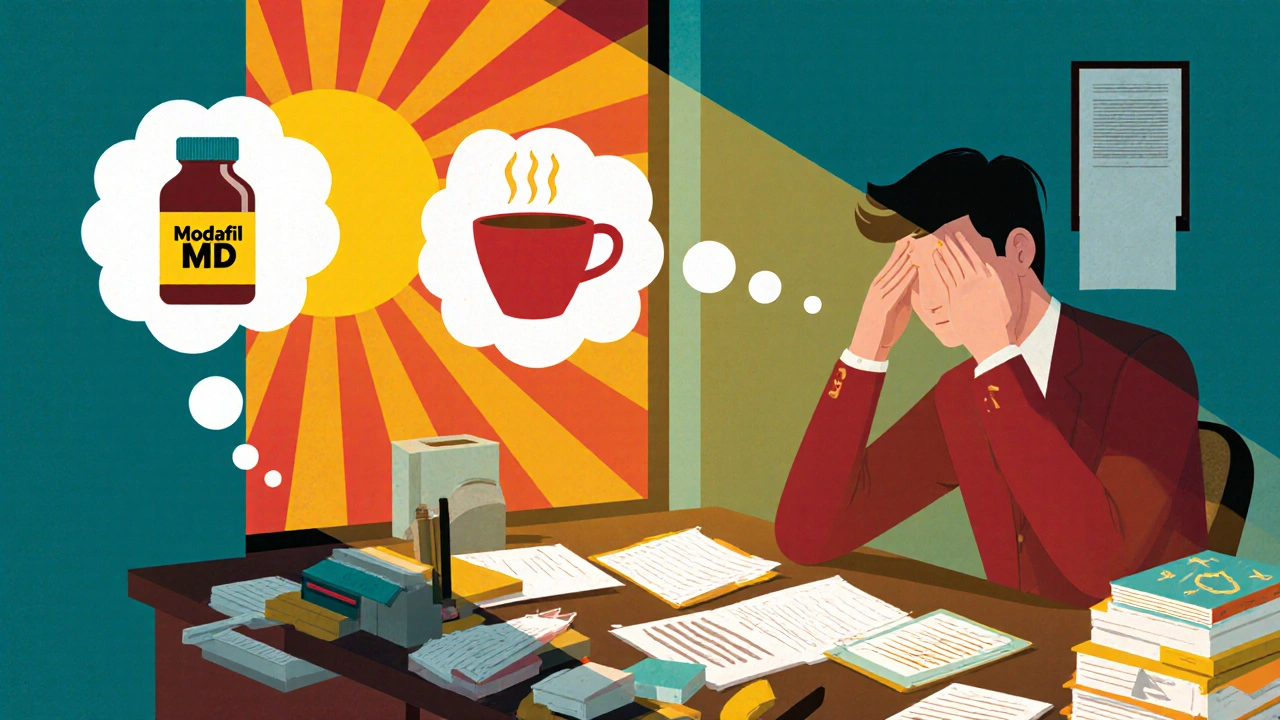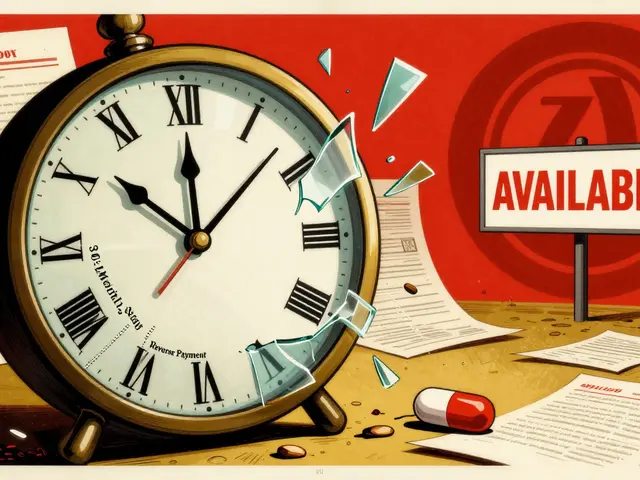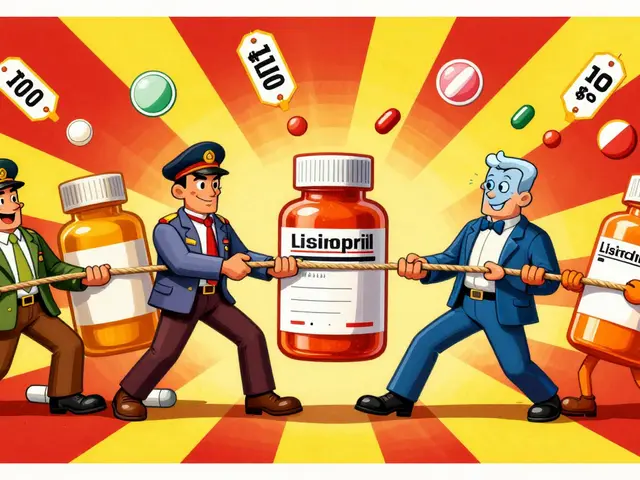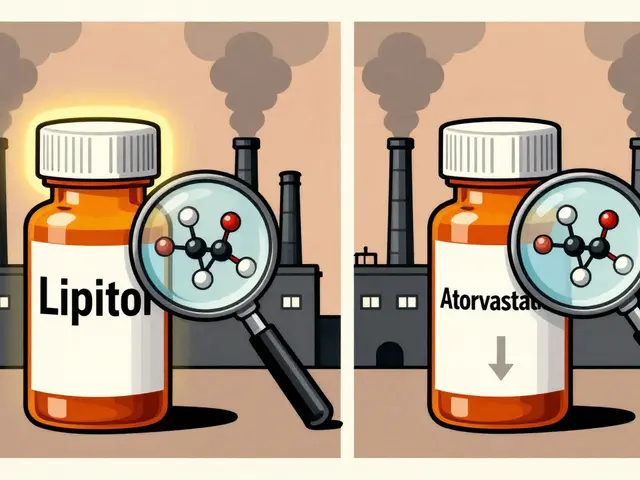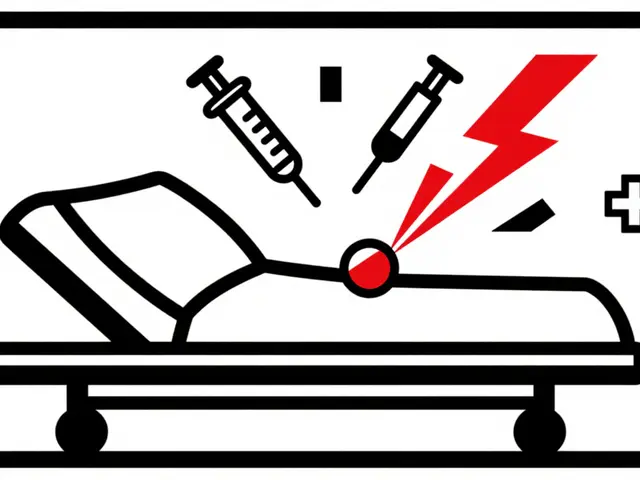Armodafinil: What It Is, How It Works, and What Alternatives You Should Know
When you need to stay alert without the jitters of coffee or the crash of energy drinks, Armodafinil, a prescription wakefulness agent derived from modafinil. Also known as Nuvigil, it works by targeting brain chemicals that control sleep and wake cycles, helping people with narcolepsy, shift work disorder, or obstructive sleep apnea stay awake during the day. Unlike amphetamines, it doesn’t spike your heart rate or trigger anxiety in most users—which is why doctors prescribe it for long-term use in controlled cases.
Armodafinil is the longer-lasting version of modafinil, the original wakefulness drug approved by the FDA in the 1990s. While both are used for similar conditions, Armodafinil stays active in your body about 15% longer, meaning one dose can last 12–15 hours. That’s why some people switch from modafinil to Armodafinil when they need steadier focus through a long shift or study session. It’s also why it shows up in off-label use by students, shift workers, and professionals chasing mental clarity. But it’s not a magic brain pill—its effects are subtle, not euphoric. You won’t feel high. You’ll just feel less tired.
People often ask if Armodafinil is better than Nuvigil, the brand-name version of Armodafinil. The answer? They’re the same drug. Nuvigil is just the expensive trademarked version. Generic Armodafinil works just as well and costs a fraction. Many users also compare it to Adrafinil, a prodrug that converts to modafinil in the liver. Adrafinil is available without a prescription in some countries, but it’s harder on the liver and slower to kick in. For most, Armodafinil is the cleaner, more reliable choice.
What you won’t find in every article is how Armodafinil interacts with other meds. If you’re on antidepressants, birth control, or blood pressure pills, it can change how they work. It’s not dangerous for everyone—but it’s not risk-free either. That’s why real-world experience matters. The posts below show what people actually deal with: side effects, dosing tricks, what works for night shift nurses versus students pulling all-nighters, and how it stacks up against Ritalin, Modvigil, or even caffeine stacks. No fluff. No hype. Just what you need to know before you take it—or decide not to.

